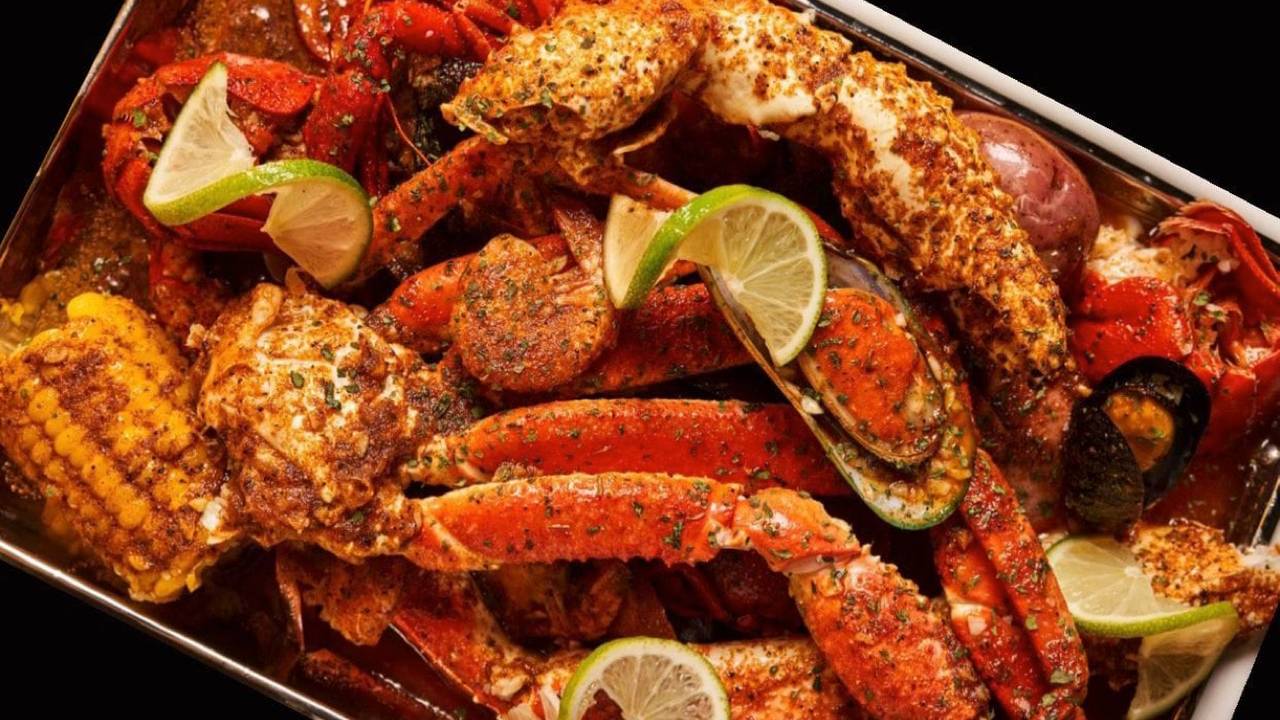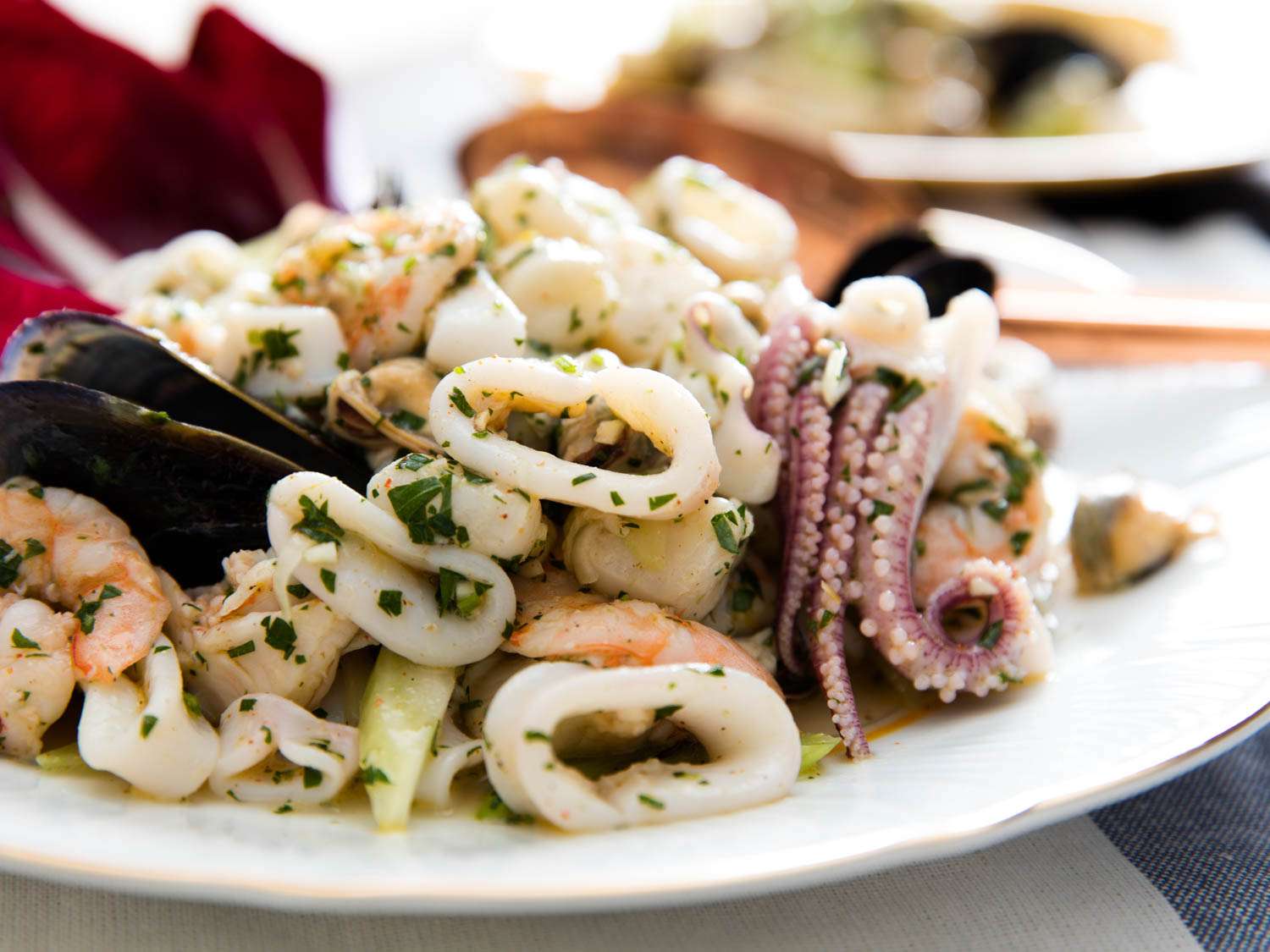People have consumed seafood for centuries, gaining abundant nutrition, exquisite taste, and a sense of cultural tradition. Great seafood is valuable not only in terms of gastronomy. It also significantly impacts environmental sustainability, economic prosperity, and public health.
Discovering and savoring the best seafood.
The best seafood is appreciated for its excellent addition to culinary excellence. The flavor and texture of seafood vary concerning the sort, cooking method, and presentation used. The finest seafood caught and cooked to perfection offers a world of culinary opportunities. It enables chefs to prepare sea culinary dishes that bring out the natural sea flavor, thus making ‘seafood cooking’ an art. Lunch will be unforgettable and satisfying if it is made from high quality seafood.
It played a central role in local traditions, fairs, and ceremonies. Shellfish fishery means eating seafood as part of a shared tradition where people celebrate themselves as a community. If you have the best seafood Singapore preserved, then the continuity of these traditions and cultural practices, connection to heritage, passing down from one generation to the next through the sense of belonging, is achieved.

The fishing industry is among the important players in the global economy, providing gainful employment, income, and sustainable livelihoods for a great population worldwide. Consumers seeking better seafood positively influence the economic life of coastal communities and the fishing industry. Such practices contribute to the continuity of these industries for an extended period, sustaining local economies and ensuring global food security.
It includes seeking good quality seafood while conserving the environment. Consumers can significantly contribute to maintaining the balance of our oceans by purchasing sustainably sourced and harvested seafood. Responsible fishing methods like pole and line fishing produce high-quality seafood with minimum by catches and lesser environmental effects.
The oceans are so diverse in marine life that it’s simply unbelievable; it’s, therefore, the duty to preserve and sustain the extraordinary biodiversity of the world’s oceans. Good seafood comes from well-managed fisheries and aquaculture operations that respect biodiversity.
These practices, in turn, protect popular seafood species and the whole ecosystem. Therefore, by valuing the best seafood, the consumers show that they support the efforts to keep the ecological balance intact in the oceans and thus help to preserve marine life for future generations.
Conclusion
Seafood is not just a gastronomic issue; it transcends that. It involves gastronomy, cultural significance, economics, environment, nutrition, and conserving biodiversity. In making smart choices and helping in practice-led responsible seafood consumption, one can guarantee that the abundance of life in oceans will go further as a rich blessing to our lives.




